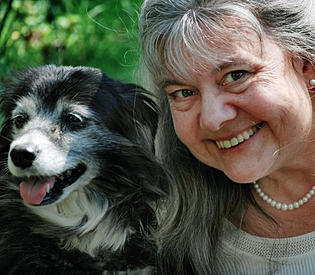Frost ultimately came to my Covid Garden here in the Valley
of Virginia. It was a sad day for me when I had to say “good-bye” to my lovely,
fruitful companion. I had been watching the forecasted temperatures and was
ready to cover the remains of my flowers and vegetables on a Sunday to protect
them, but the frost moved in one night earlier than my plans and took the still
colorful blooms and green tomatoes.
Life moves on. And so have I, but I have two more lessons to
share from my Covid Garden. The photos in this remaining blog series were taken
during the growing season. I knew then what I wanted to write about and how the
produce from my small kitchen garden could help me share my thoughts.
This blog on Expect
Less as a coping strategy during this pandemic poses some challenges for
me. When I suggest that we expect less of self and others, this is not a usual
thing we do. In fact, we are often focused on doing more, having high
standards, and even perfection. For me to suggest that we Expect Less could sound weak and giving in to the pressures around
us. It is not.
Expecting less is more about being realistic in what we can
do and kind to our self and others as we accept what is realistically possible.
Teachers at all levels of education have been particularly challenged by the
demands on them to perform and simultaneously attend to their own needs to adjust their expectations to
less despite what is asked of them. Working parents with children attending school
from home are simply unable to do all that they have done in the past. Both the
parents and the children do well to determine what is possible to accomplish in a day or week and focus on those reasonable,
adjusted goals.
And now with the holidays upon us, Expect Less can be a useful reminder. Less gatherings, less food,
less gifts; more time with our immediate family, more enjoying the taste of the
food we have, more appreciation for what is already in our possession.
No one will be permanently harmed by less right now; in
fact, we are helped by being realistic and accepting what is possible. Our
minds can be clearer, our moods less agitated, our body less tense, and our
spirit more accessible to us.
In the photo above is a yellow squash from my garden. It is
one of the only two yellow squash my hill of four plants produced this year. I
was excited about these four plants as they were heirloom plants. This
particular variety is native to America. I was enchanted with that information
and looked forward to a bumper crop of native squash. That was not to happen. I
don’t know why, and my experienced gardening friends don’t either. What I do
know is that I had to accept less. I had to accept the two squash given to me
and not rail against what these plants simply could not produce this year. The
squash was delicious. I appreciate the two I was given.
There will be another year. There will be another growing
season.





.jpg)





%20-%20Screened%20Porch.jpg)



